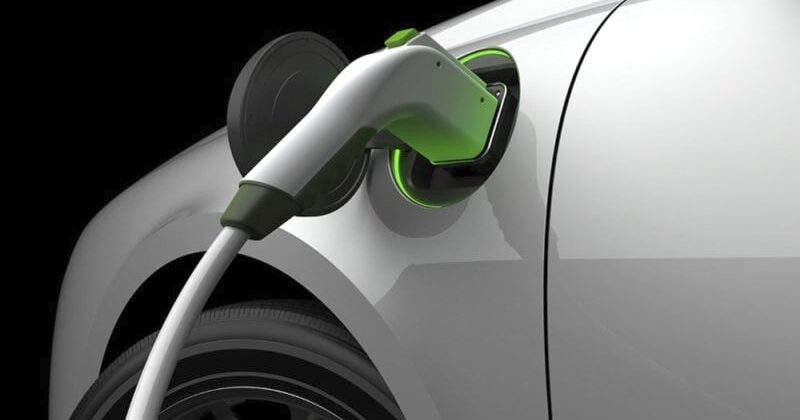Thailand’s efforts to push its electrification agenda and make the country the EV hub for the region has certainly been, for want of a better word, aggressive, and the efforts by the country’s Board of Investment (BoI) to woo investment looks like it’s paying off handsomely, as the Bangkok Post reports.
Back in April, Changan Automobile announced that it set to make a 9.8 billion baht investment to build a factory and develop EVs in the country, doing so through three vehicle categories (battery EVs, plug-in hybrids and range-extended EVs) as well as through the production of batteries for domestic sale and export.
The automaker said it plans to launch a new EV model in Thailand by the end of 2023, and would be carrying out R&D on EVs in the country. It indicated plans to make 100,000 EVs a year in Thailand, with an eye on exports to other ASEAN countries as well as RHD markets such as Australia, New Zealand and the UK.
Chery Automobile, which re-entered the Malaysian market last week, is also planning to make an EV-based investment in the Kingdom next year. According to BoI secretary-general Narit Therdsteerasukdi, Chery is in talks with its prospective Thai business partner to embark on an EV venture in the country. The automaker is reportedly planning to launch EV SUV models in Thailand next year.

Earlier this month, Chinese EV brand Aion, part of the Guangzhou Automobile Group (GAC Group), announced that it was set to enter the Thai market and its readiness to invest more than six billion baht to establish local manufacturing and sales operations in the country. The company said it is looking to begin selling cars within the third quarter of this year.
The BoI said that Chinese investors submitted 93 investment project proposals worth 31 billion baht between January and May this year, the projects including those for cars and auto parts as well as electronics.
Separately, as reported earlier by The Nation, the national electric vehicle policy board (EV Board) of Thailand says it will be urging its new government to pass the EV 3.5 package to replace the current EV 3.0 package – which expires this year – as soon as possible. The package includes discounts for purchases of EVs, the establishing of EV manufacturing plants and the offering of incentives for EV battery production facilities.
Looking to sell your car? Sell it with MyTukar.
Source: Read Full Article


